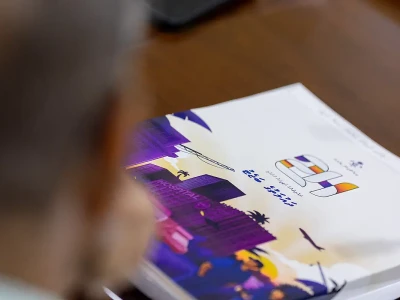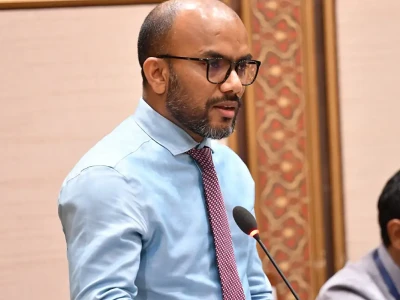
MVR 6b supplementary budget adds to Maldives' economic woes
The government will have to plan ways to raise funds to cover the MVR 6 billion.
By
Ahmed Naif
The government sent a supplementary budget to parliament last week to add MVR 6.5 billion to the 2023 budget as it will need to spend more than the MVR 42.8 billion approved by parliament for this year.
Supplementary budget in brief:
-
Increase in subsidies - MVR 1.8 billion
-
Addition to Aasandha health insurance scheme - MVR 1.2 billion
-
For project - MVR 1.7 billion
The government will have to plan ways to raise funds to cover the MVR 6 billion. They are certainly not things that the current government could have considered in formulating this year's budget. The first challenge for the new government, which will take office on November 17, is to figure out how to fund these newly increased expenditures. What is certain is that these are not expenditures that the state can cover with revenue.
The budget passed by parliament this year had also estimated that the government would have to borrow MVR 11.5 billion to cover the deficit. However, according to the Fiscal Strategy Report released by the finance ministry, the figure will now increase significantly.
-
The budget will have to borrow MVR 15.5 billion to cover the increase
-
Therefore, the government will have to raise an additional MVR 4 billion to cover this year's expenditure with the supplementary budget
According to the Fiscal Strategy Report of the Ministry of Finance, the budget deficit will rise from MVR 8.6 billion to MVR 11.5 billion with the supplementary budget.
-
National productivity, equivalent to 10.8% of GDP
-
2.9 billion more than the initial estimate
-
Maldives' direct debt will reach MVR 108.3 billion by the end of the year
-
Debt to GDP including guarantees 112.2%
The government's debt, which has deteriorated with the economic situation caused by the Coronavirus, is still unsettled. With that, the country's direct debt to 95% of GDP by 2026 is unlikely to succeed.
An economist said the biggest burden for the new government will be to raise money for the new supplementary budget.
"We are not proposing a supplementary budget to raise revenue. Therefore, the burden is on the new government. The challenge will be to raise finance for the budget deficit," he said on condition of anonymity.
"Especially with the current financial situation. It will be very challenging”.
There is very little way to raise money for the supplementary budget. The possible ways are:
-
Loans for projects
-
External and domestic loans
-
Introduce new ways to generate income
According to a government official, the supplementary budget is planned to be funded through a cross-subsidy programme that involves leasing islands for some projects. He said MVR 331 million would be raised. The other fundraising options are:
-
Loans for projects - MVR 4.9 billion
-
Budget support loan - MVR 1.1 billion
-
Domestic financial markets - MVR 9.4 billion
Although these methods raised about MVR 15.4 billion, a large part of it is debt that will burden the state. The largest amount of revenue is earned from the sale of financial instruments such as T-bills to the financial market including the central bank and the MMA.
The World Bank's latest report on the economy also highlighted the huge borrowing of the financial market to cover the state budget as a barrier to lending to public businesses. According to the statistics in the report:
-
Government debt to MMA - MVR 13.8 billion, 56.8% of MMA capital
-
The government owes 30.8% of the banks' capital
-
Debt issued by banks to state-owned enterprises stood at 25.3% of banks' capital




